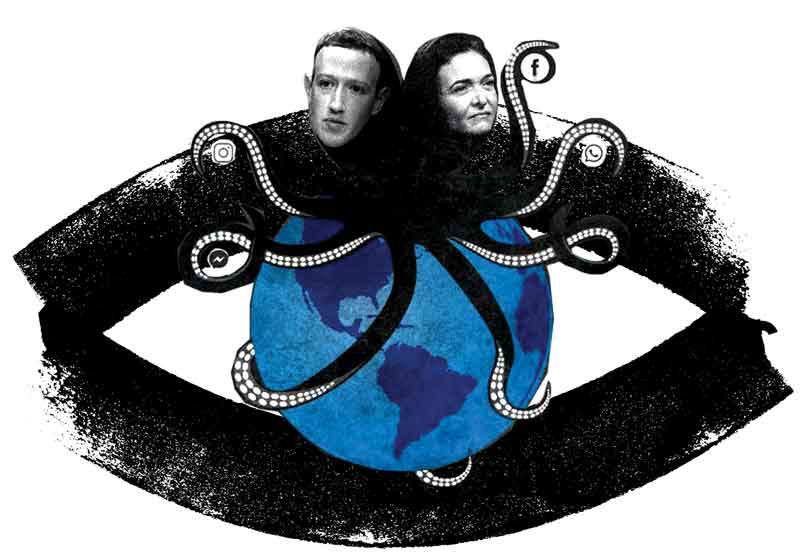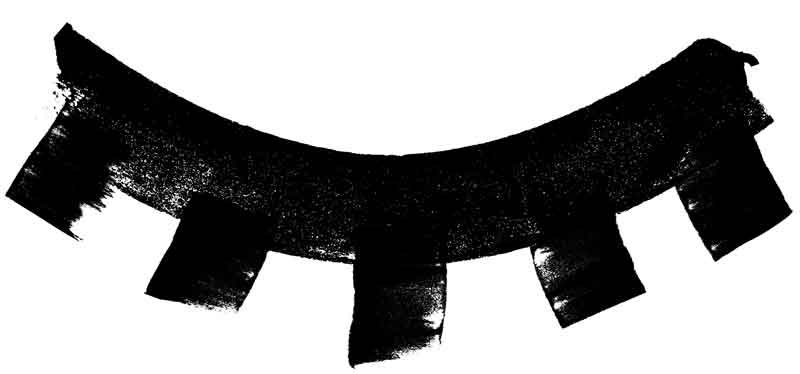Surveillance Capitalism


The alarm beside your bed rings,
triggered by an event in your calendar. The smart thermostat in your bedroom senses your motion and turns on the hot water, reporting your movements to a central database at the same time.

News and social updates ping your phone, with your decision whether to click them carefully monitored (and parameters adjusted accordingly). How far and where your morning run takes you, the conditions of your commute, the contents of your text messages, the words your smart speaker overhears, the actions you make under all-seeing cameras, your impulse purchases,
your online searches (and selections) of dates and mates – all recorded, rendered as data, uploaded to the cloud, processed, and analyzed. This happens so often and so extensively that we become numb, forgetting that this is not some dystopian imagining of the future. It’s the present.
Welcome to surveillance capitalism.

Google and Facebook might not call to mind the belching smoke stacks and child labourers of the Industrial Revolution, but their leaders have revealed themselves to be as ruthless and profit-seeking as any Gilded Age tycoon. Instead of mining the natural landscape, however, surveillance capitalists extract their raw material from human experience.
“Google is a shape-shifter, but each shape manifests the same aim: to hunt and capture raw material.
Baby, wonʼt you ride my car? Talk to my phone? Wear my shirt? Use my app?”

Fortunately for them, the surveillance matrix of present-day capitalism provides plenty of inputs to work with. It should; they built it. We are the source of what technologists call “data exhaust” — the informational by-products of our every connected movement and decision. As it happens, very little of the data is interesting or important on its own. So why are surveillance capitalists vacuuming it up from every corner of our lives? Because at scale, it furnishes a startlingly accurate picture of human behaviour. Behaviour modification is a numbers game, and the prediction algorithms are hungry for ever more of your data.
You know the old saw that if the service is free, the product is you? Turns out it isn’t true.
To the Googles and Facebooks of the world, people are neither customer nor product. We are more like the elephant, that most majestic mammal—or, at least, part of one. What surveillance capitalists are really interested in is our behaviour, our preferences—our ivory. And when, like poachers, they get it, are they inclined to worry about what happens to the rest of the elephant?
No, to the Googles and Facebooks of the world, we aren’t even the product. We are the abandoned carcass.
Join the Third Force Collective to access our revolutionary briefings.
This isn't a paywall. You can close it if you just want to read the article below it. But our aim is to win the planetary endgame — we want to catalyze a moment of truth, a stunning reversal of perspective from which corpo-consumerist forces never fully recover. For that we need you.






